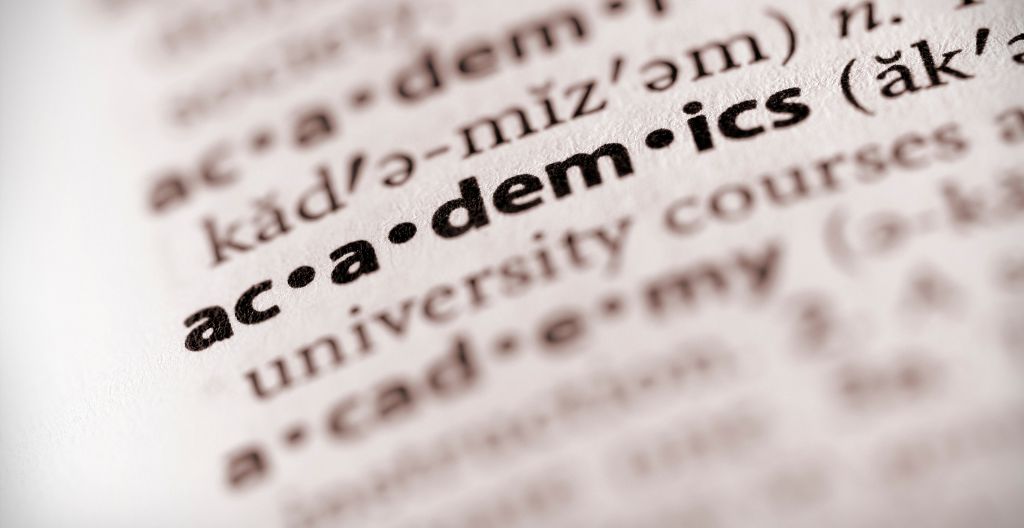‘Understanding Academic Journals: A Scholar’s Guide’ provides an in-depth examination of academic journals. It explores their crucial role in scholarly discourse and the peer review process. The book unravels the complexities of academic publishing, shedding light on various aspects such as article types, journal prestige, publishing costs, and the rise of electronic journals.
This comprehensive guide is an essential resource for academics, researchers, and students of scientific content. It offers valuable insights and practical advice to navigate the challenges of utilising academic journals in research.
Key Takeaways
- Academic journals are periodical publications that present research in a specific academic discipline and serve as forums for the presentation, scrutiny, and discussion of research.
- The purpose of academic journals is to facilitate the sharing of knowledge among researchers and contribute to the improvement of natural knowledge and scientific disciplines.
- Academic journals require peer review or scrutiny from experts in the field to ensure the quality of the published content.
- There are various measures of academic journal prestige, including the impact factor, number of citations, and speed of citation.
The Essence of Academic Journals in Scholarly Research
A significant number of academic journals play an indispensable role in scholarly research, providing a rigorous platform for the dissemination and critique of new knowledge in diverse disciplines.
So what is an academic journal? It is a peer-reviewed periodical that publishes scholarly articles in a specific field of study. These journals serve as a nexus for academic discourse, fostering critical inquiry and innovative thinking. They offer a space where scholars can present original research, engage with the research of others, and contribute to the ongoing dialogue in their field.
The rigorous peer-review process employed by these journals ensures the credibility and quality of the published work. Thus, a scholarly journal acts as a vital conduit for the advancement of knowledge in the academic community.
The Intricacies of Peer Review in Academic Publishing
Despite its complexity, the system of peer-reviewed journal articles in academic publishing remains crucial to maintaining the integrity and quality of scholarly discourse. It serves as the primary mechanism by which the credibility of research is tested. The process involves the scrutiny of submitted manuscripts by other scholars in the same field, ensuring that the research is original, well-executed, and contributes to the existing body of knowledge.
Here’s a brief overview of the process:
| Steps in Peer Review | Description | Importance |
|---|---|---|
| Initial Manuscript Screening | Preliminary check by the editor for fit and completeness | Reduces burden on peer reviewers |
| Review by Experts | Detailed evaluation of the research by 2 to 3 experts | Ensures accuracy, relevance, and originality |
| Revision & Re-review | Authors revise their work based on feedback, potentially followed by additional rounds of review | Enhances quality and clarity of the final manuscript |
| Final Decision | Editor makes the decision to accept, reject, or ask for further revisions | Upholds the standard of the journal |
Exploring Different Types of Academic Journals
Our exploration of academic journals reveals a diverse landscape, characterised by the journals’ different scopes, publication methods, and audiences. These academic publications provide a vital platform for researchers to share their findings, engage in scholarly discourse, and contribute to the progress of their respective fields. Despite their shared purpose, academic journals vary greatly in their focus, content, and target readership.
- Discipline-specific journals: These journals cater to a particular academic discipline, publishing research that significantly contributes to the field.
- Interdisciplinary journals: These publications welcome research that spans multiple disciplines, fostering cross-pollination of ideas.
- Open access journals: These journals provide unrestricted online access to their content, making research available to a larger audience, with the goal of accelerating scientific discovery.

Importance and Impact of Academic Journals in Higher Education
Over 70% of higher education institutions globally underscore the importance of academic journals in contributing to the learning and research processes of their students and faculty members.
These journals serve as a powerful tool in disseminating scholarly research and knowledge, fostering intellectual growth, and promoting academic discourse. They are vital in keeping the academic community abreast of the latest studies and theories within their respective disciplines.
Furthermore, the peer review system in academic journals ensures the credibility and quality of published research. This system not only helps maintain high academic standards but also cultivates critical thinking among researchers.
Overall, academic journals play a pivotal role in the advancement of higher education, driving innovation, and contributing to societal progress.
Navigating the Use of Academic Journals in Research
In the context of scholarly research, understanding how to effectively navigate and utilise academic journals is paramount to producing robust and well-informed studies. Academic journals offer detailed insights into specific fields, providing a wealth of knowledge that can be used to substantiate research findings, inform study designs, or generate new hypotheses.
Understanding the structure of academic journals: Familiarising oneself with the common structure of academic papers – including abstract, introduction, methods, results and discussion sections – can aid in effectively extracting relevant information.
Effective search strategies: Using advanced search features, such as Boolean operators, can optimise the search process and yield more targeted results.
Evaluating the credibility of sources: It’s vital to ensure the chosen journal is peer-reviewed and holds a high reputation in its field to maintain the reliability and validity of one’s research.
Sign up for our Publishing Newsletter and stay updated
Frequently Asked Questions
What Are Some Common Challenges Faced by Researchers While Publishing in Academic Journals?
Researchers often face challenges such as stringent peer review processes, high rejection rates, long publication times, and the need for meticulous presentation of data and methodology in academic journal publishing.
How Has the Evolution of Digital Media Affected the Traditional Academic Journal Publishing Process?
The evolution of digital media has significantly influenced traditional academic journal publishing, promoting wider accessibility, faster dissemination of research, but also raising concerns about quality control and the sustainability of open-access models.
How Can a Student or Early-Career Researcher Determine the Credibility and Prestige of an Academic Journal?
A student or early-career researcher can determine the credibility and prestige of an academic journal by assessing its impact factor, peer-review process, the reputation of the editorial board, and its association with professional organisations.
Are There Any Specific Ethical Considerations to Keep in Mind While Publishing in Academic Journals?
Yes, ethical considerations in academic publishing include authorship integrity, plagiarism avoidance, conflict of interest disclosure, adherence to research ethics, and ensuring the accuracy and reproducibility of findings presented in the journal.
What Are the Pros and Cons of Open Access Versus Subscription-Based Academic Journals?
Open access journals allow free, global knowledge dissemination, but may involve high author fees. Subscription-based journals provide quality control and prestige, but their high costs can limit access to research, especially for low-income institutions.
What Is the Royal Geographical Society and How Does it Relate to Academic Journals?
The Royal Geographical Society (RGS) is a prestigious UK-based institution that promotes geography through research, education, and expeditions. It publishes academic journals like the “Geographical Journal,” contributing significantly to scholarly discourse in geography and its subfields. These peer-reviewed journals are vital for sharing cutting-edge research and developments, thereby advancing the global understanding of geographical sciences.
Conclusion
This comprehensive guide elucidates the multifaceted world of academic journals, spotlighting their vital role in scholarly discourse. It underscores the importance of peer review, the diversity of journal types, and their impact on higher education.
The guide further navigates the complexities of using academic journals in research. It is an indispensable resource for academics, researchers, and students, enhancing their understanding of and engagement with academic journals, thus enriching their scholarly pursuits.

